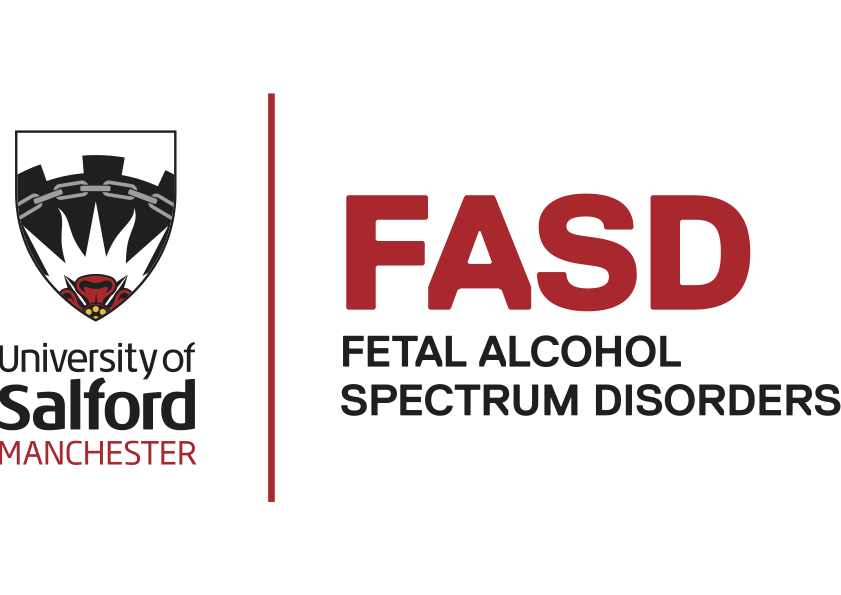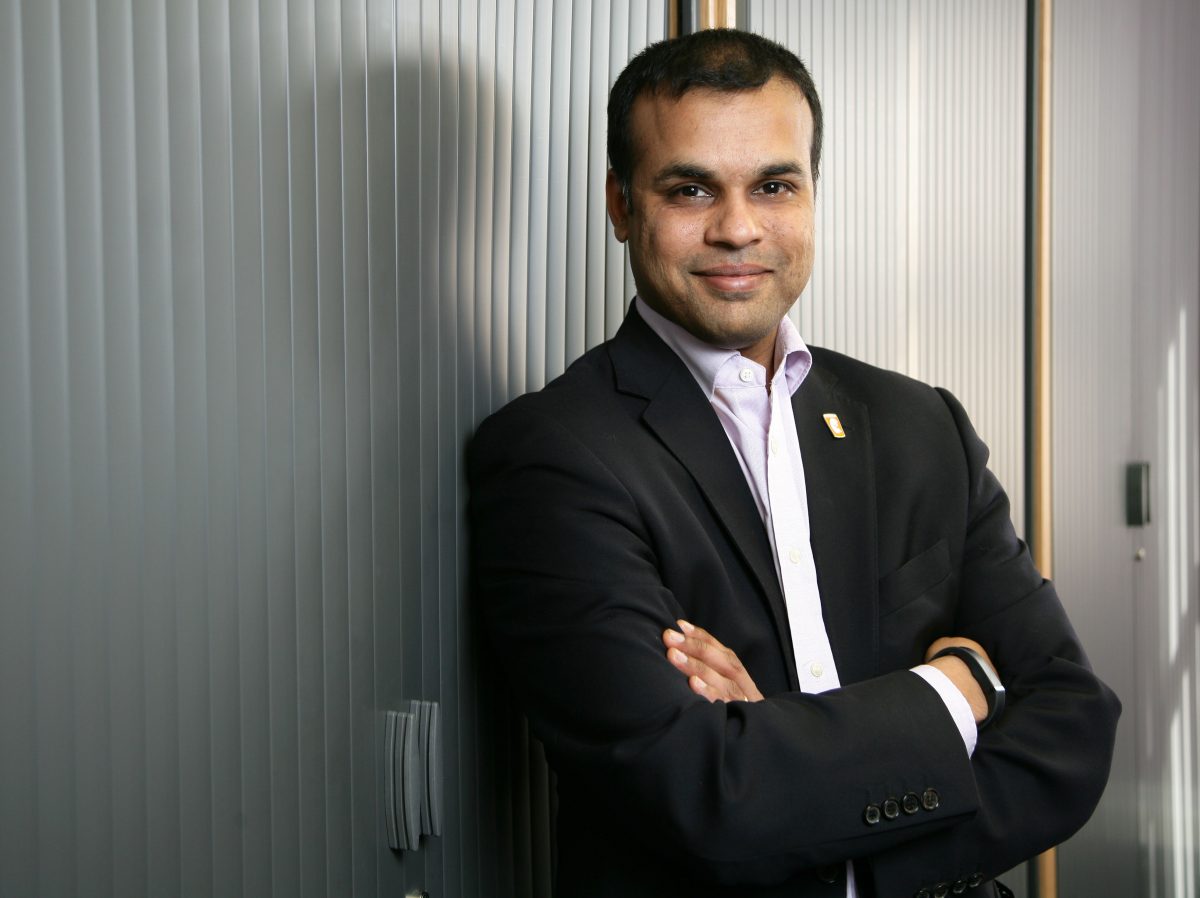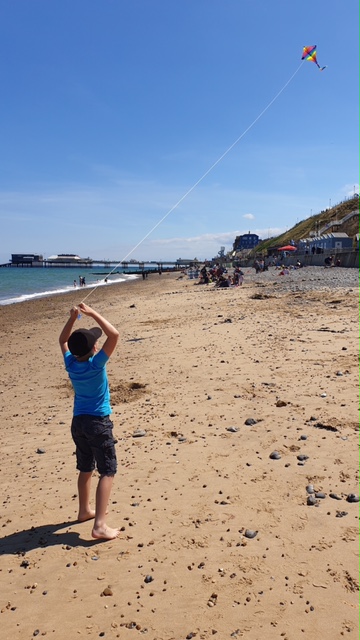One participant’s story about taking part in SPECIFIC: a course for those who care for someone with FASD
Between November and December 2020, we delivered the first ever SPECIFIC programme to a small number of volunteer participants. This was the first stage of testing to make sure that it was deliverable and well-received. The participants – nine sets of caregivers of children with FASD – reported that they found the programme to be useful and enjoyable. Our psychological questionnaires indicated that their stress levels had reduced, their knowledge of FASD and their feelings about the effectiveness of their own parenting had improved, and their children’s behavioural difficulties had also reduced.
Six months after the programme, we caught up with one of the participants to ask her about her experience of SPECIFIC and how things had been since she took part.
Louisa is an adoptive mum of a boy with FASD who was nine years old during the programme.
What made you want to take part in SPECIFIC?
Louisa: I’d known since he was placed with us at 18 months that there was something wrong with our child, but no one would listen. It wasn’t until he was eight that we got the FASD diagnosis, quickly followed by several others and it felt like our world had ended. We’ve had to reimagine so many hopes and dreams and come to terms with a very different future.
I get really down sometimes about all the wasted years of not being heard and all the help our child has missed out on. There is so little understanding of FASD, and I don’t want any other parent to live through what we’ve lived through. So I really wanted to support this and any other project that furthers the understanding of FASD and gives parents the tools to support their children.
I am truly grateful to Alan and his team for their work in this area. You are all amazing.
Did you find out things that were helpful?
Louisa: Gosh yes! I am someone who researches, researches and researches to try and understand. I must own every available book on FASD but there is so much on the course as well as great personal insight from the facilitators.
Every session was a real revelation and helped put stuff into context with some real “ah ha” moments.
Did you enjoy the course?
Louisa: I loved the course! And looked forward to it every week. It made me feel far more in control of the situation and better prepared to support my child (whose behaviour can be challenging to say the least).
Did you make friends on the course?
Louisa: Yes! It makes a massive, massive difference to be around other parents who “get it” and who you can be open with. The relief of being able to share experiences we’d kept to ourselves and cried about, only for someone to say “my child too” was really healing.
One of the things about FASD is that often our children look and present like any other child. So when you talk about your experience or worries with people outside the FASD world, they think you’re neurotic or a liar and you end up retreating inwards with no one to talk to.
We have our WhatsApp group and share messages, catch up and support each other.
What about the experience of taking part in research? (e.g. was doing the interviews at the beginning and end interesting/time consuming/worthwhile?)
Louisa: That was absolutely fine as I see it as an exchange. The participants get the support they need, and the academics get the feedback they need for their research.
Plus it was helpful tool to use to map out and measure my own progress.
And finally, how have things been since the end of the programme? Do you still use any of the strategies we spoke about?
Louisa: Absolutely! The biggest one we use is time which was quite the revelation. We are a lot more conscious of making sure that after we give him an expectation we leave plenty of processing time and then a gap for him to transition.
We are also a lot more aware of change/routine and how that can affect him and are better able to plan and frame things for him. School have been amazing working with us on this and it’s helped them to “get him”.
Most importantly it gave us a window into how his mind works and as a result we are better able to support him. He’s ten now and the hormones are raging so this has been invaluable in helping us work out what the triggers are.
Read more about SPECIFIC on the project page.
If you’d like to receive notifications about upcoming studies including the next stage of SPECIFIC and wish to join our mailing list, or if you have any questions about our research, send us an email at FASD21@salford.ac.uk






